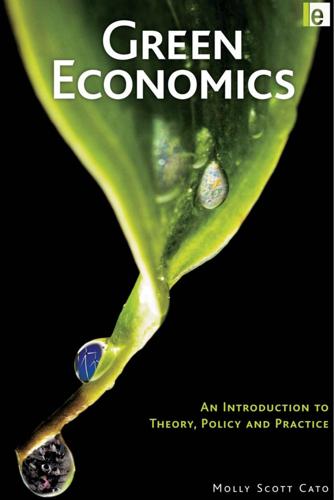
Green Economics: An Introduction to Theory, Policy and Practice
by
Molly Scott Cato
Published 16 Dec 2008
Kunzli (2004) ‘Air pollution attributable postneonatal infant mortality in U.S. metropolitan areas: A risk assessment study’, Environmental Health, 3: 4. 32 S. Cox (2008) Sick Planet: Corporate Food and Medicine, London: Pluto. 33 I. Illich (1975) Medical Nemesis: The Expropriation of Health, London: Calder and Boyars. 34 Barry and Doherty, ‘The greens’, p. 600. 12 Land and the Built Environment Buy land: they’re not making it any more Mark Twain As discussed in Chapter 3, within the green economics perspective land is a vital part of human and community identity. The view of the land is quite distinct from the reductionist conception of a ‘factor of production’ held by classical and neoclassical economists. For many green economists, the breakdown of our relationship with the natural world, what Mellor (2006) refers to as ‘disembedding’, is the fundamental source of the ecological crisis.1 The bulk of this chapter is concerned with policies favoured by greens to manage land.
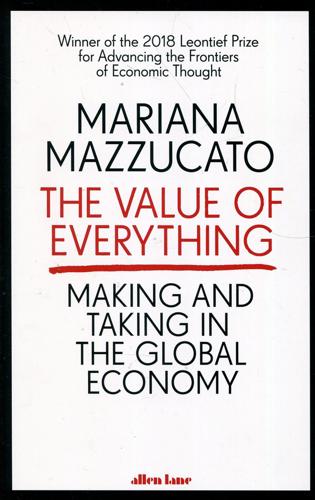
Value of Everything: An Antidote to Chaos The
by
Mariana Mazzucato
Published 25 Apr 2018
Production in agriculture depends on two types of input: goods and services needed for production. One type can be scaled - increased in proportion to requirements. It includes labour, machinery, seeds and water. The other type cannot be scaled: good arable land. As Mark Twain is supposed to have said, ‘Buy land, they're not making it any more.' Since the population will grow thanks to investment and rising wages, and more and more food will need to be produced to feed everyone, at some point all the best land for corn production will be spoken for. Less fertile or productive land will then be cultivated. However, since all the corn is sold at one price to the workers, who are on subsistence wages, the more productive land already in use yields a higher profit than the less productive land.
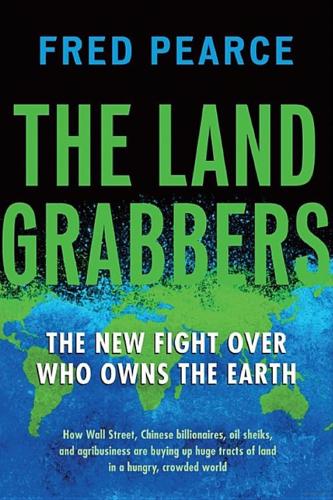
The Land Grabbers: The New Fight Over Who Owns the Earth
by
Fred Pearce
Published 28 May 2012
Zimbabwe: On the Fast Track Part 6: The Last Enclosure Chapter 24. Central Africa: Laws of the Jungle Chapter 25. Inner Niger Delta, Mali: West African Water Grab Chapter 26. Badia, Jordan: On the Commons Chapter 27. London, England: Feeding the World Notes on Sources Index Introduction “Buy land. They’re not making it any more.” —Mark Twain Soaring grain prices and fears about future food supplies are triggering a global land grab. Gulf sheikhs, Chinese state corporations, Wall Street speculators, Russian oligarchs, Indian microchip billionaires, doomsday fatalists, Midwestern missionaries, and City of London hedge-fund slickers are scouring the globe for cheap land to feed their people, their bottom lines, or their consciences.
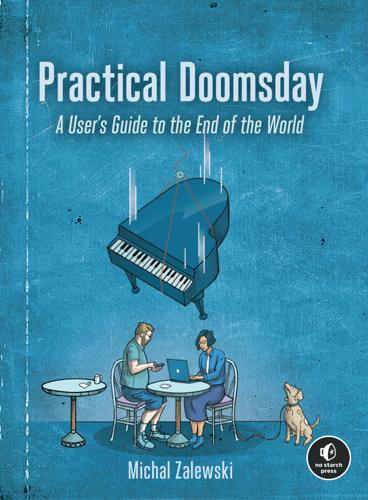
Practical Doomsday: A User's Guide to the End of the World
by
Michal Zalewski
Published 11 Jan 2022
In a 2021 incident, for example, the FBI seized the entire inventory of one such company in Beverly Hills simply by arguing that a significant percentage of its customers were criminals. Law-abiding clients caught up in the mess faced an uphill battle to reclaim their deposits.22 Real Estate Ask any real estate agent for investment advice, and you’ll be instructed to buy land: after all, they aren’t making any more of it! By itself, this saying doesn’t mean much, but in countries or regions with robustly growing population—including much of the United States—a second home or a vacant parcel could make for an inflation-proof asset that’s likely to appreciate in the long haul. A cynical investor would also note that the supply of new housing is artificially limited by powerful forces at play, including increasingly restrictive zoning laws, suspect environmental policies, and onerous building codes pushed for by an unholy alliance of local bureaucrats and homeowners who want their quaint cul-de-sacs to be forever frozen in time.
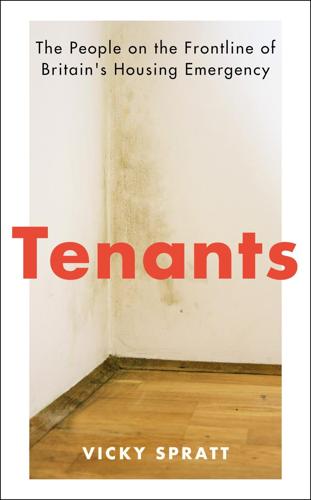
Tenants: The People on the Frontline of Britain's Housing Emergency
by
Vicky Spratt
Published 18 May 2022
In England, as Anthony learned when his life was upturned, renting a property from a private landlord for a long period of time gives you no more right to stay in it than renting it short-term. You can be a good tenant who carries out repairs, pays bills on time and never disturbs the peace, but that still won’t protect you. There is a long-held maxim, attributed to both Mark Twain and the American folk humourist Will Rogers: ‘Buy land – they’re not making any more of it.’ If you have a mortgage and pay it off, over time you accrue equity and increase your ownership over your home. Each monthly payment is an investment in your future prosperity and security. We have accepted that property is a good investment, because paying rent only pays off someone else’s mortgage.
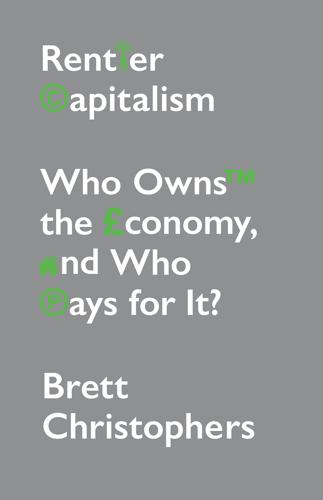
Rentier Capitalism: Who Owns the Economy, and Who Pays for It?
by
Brett Christophers
Published 17 Nov 2020
This growth rate is more impressive still if one considers only the period since 1993, since real prices in that year were exactly the same as they had been in 1980. The fivefold increase in real land prices occurring in the quarter-century beginning in 1993 translates into a CAGR of 7.0 per cent – which is nothing short of extraordinary. Figure 7.4 UK real land price index, 1980–2017 ‘Buy land; they’re not making any more of it’, in the famous words variously attributed to the American humourists Will Rogers and Mark Twain. This injunction has arguably never been more judicious than in the UK since the early 1990s; and yet the British government has throughout this period acted in diametric opposition to this advice.
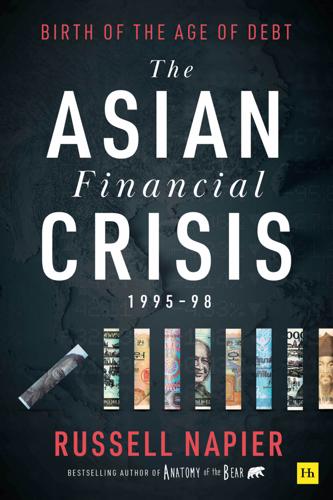
The Asian Financial Crisis 1995–98: Birth of the Age of Debt
by
Russell Napier
Published 19 Jul 2021
A Scottish colleague, a former officer in the Hong Kong police force, leaned across the table and assured me that he was indeed the real deal. He knew this because in his former profession he had been assigned as a surveillance officer to follow him. Claret: shrinking supply, rising demand 8 May 1996, Regional Mark Twain once famously remarked, “Buy Land – they’re not making any more.” Twain was wrong. Within a few years, the Flatiron building was completed on an ‘unbuildable’ site in New York and the Back Bay in Boston was reclaimed. Twain’s attempt to identify an asset class offering fixed supply and rising demand was wide of the mark (although he has since been proved correct in remarking that golf ruins a good walk).
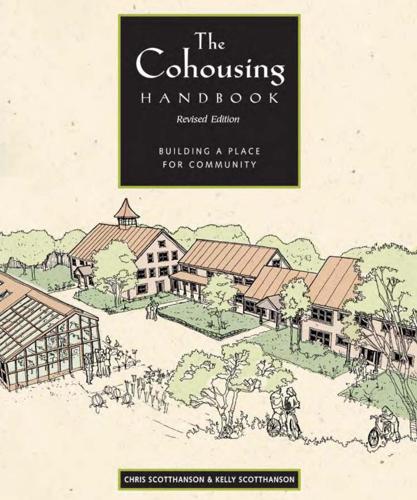
The Cohousing Handbook: Building a Place for Community
by
Chris Scotthanson
and
Kelly Scotthanson
Published 1 Nov 2004

Vertical: The City From Satellites to Bunkers
by
Stephen Graham
Published 8 Nov 2016
To sustain this situation, and to support the settlement of Tel Rumeida by groups of ultra-nationalistic and often violent Jewish fundamentalists, much of the old centre of Hebron has been violently remodelled as a sterile and highly militarised security landscape.30 Terraforming; Making Ground The old adage, ‘Buy land – they’re not making it any more’ is no longer true! – René Kolman, ‘New Land in the Water’ Artificial ground – and its attendant archaeospheres – does not just accumulate over time; it is, as already noted, increasingly manufactured and on remarkably large scales. Echoing the remarkable land drainage and reclamation projects in medieval Holland and England, or the dreams of using controlled nuclear explosions to reengineer the earth’s surface in the 1950s and 1960s,31 the manufacturing of large amounts of new ‘reclaimed’ land is now as central to the extension of coastal megacities as is their more celebrated vertical extension through skyscraper and other high-rise construction.32 The port of Rotterdam was a key laboratory of mass land reclamation in the 1970s.
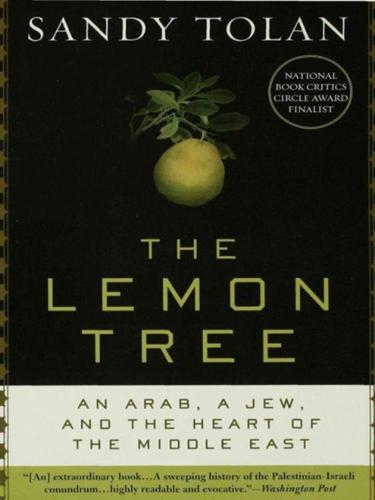
Lemon Tree: An Arab, a Jew, and the Heart of the Middle East
by
Sandy Tolan
Published 1 Jan 2006